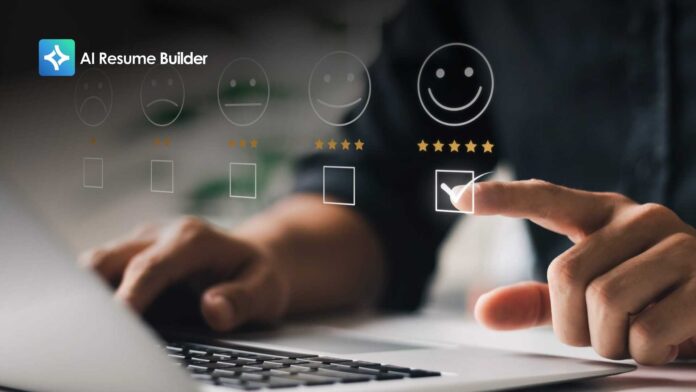Artificial intelligence isn’t just creeping into the workplace—it’s being written into the job description. A new survey from AIResumeBuilder.com finds that 58% of U.S. companies now require employees to use AI tools, and in some cases, refusal is grounds for dismissal.
The report, based on responses from 1,295 business leaders, highlights just how fast AI has gone from optional perk to mandatory skill. Nearly one-quarter of companies (24%) require AI use across all roles, while another 34% mandate it for select positions. An additional 19% don’t force the issue but “strongly encourage” adoption.
Resistance Meets Consequences
Not every employee is ready to embrace AI, and the survey suggests companies are running out of patience. Among firms that require AI use, 65% offer training or coaching to hesitant staff. But a sizable chunk turn to sticks instead of carrots:
-
36% reassign resistant employees to new roles
-
35% block promotions
-
32% reduce responsibilities
-
10% go as far as firing employees who refuse to comply
The message is clear: in many workplaces, saying no to AI isn’t a career option.
Why Companies Are Pushing AI
The business case for adoption is obvious. Leaders cite productivity gains, better work quality, and faster innovation as the top benefits. With generative AI tools reshaping everything from customer service to marketing to software development, companies see reluctance as a competitive liability.
But experts warn that enthusiasm shouldn’t overshadow risks. “Companies have every reason to encourage AI adoption for productivity gains, but they should also invest in training employees on the risks of overreliance so that AI becomes a tool for efficiency and creativity, not a crutch,” says Rachel Serwetz, career advisor at AIResumeBuilder.com.
Who’s Saying No—and Why
Employee pushback is real. Workers most often resist AI out of fear of job loss (52%), doubts about accuracy (52%), or discomfort with new technology (49%). Data privacy, ethics, and even AI’s environmental footprint also play a role.
Generational differences are striking: 35% of Baby Boomers and 31% of Gen X employees are more likely to resist, compared to just 8% of Gen Z, a cohort that’s grown up with AI tools as part of daily life.
Serwetz argues that companies can bridge the gap with low-risk, hands-on experiences: “Hackathons and collaborative workshops let employees experiment safely and learn from peers. These environments build confidence, curiosity, and competence—turning AI from something intimidating into something empowering.”
The Bigger Picture
If this survey is any indication, AI skills may soon be as non-negotiable as email or Excel. The rise of mandatory AI adoption also raises tough questions about workplace equity: What happens to employees who genuinely struggle with new technologies, and how much responsibility should companies take in bringing them up to speed?
For now, the trend line is clear. Employers aren’t just suggesting AI anymore—they’re requiring it. And workers who refuse may find that their job isn’t future-proof after all.
Join thousands of HR leaders who rely on HRTechEdge for the latest in workforce technology, AI-driven HR solutions, and strategic insights







